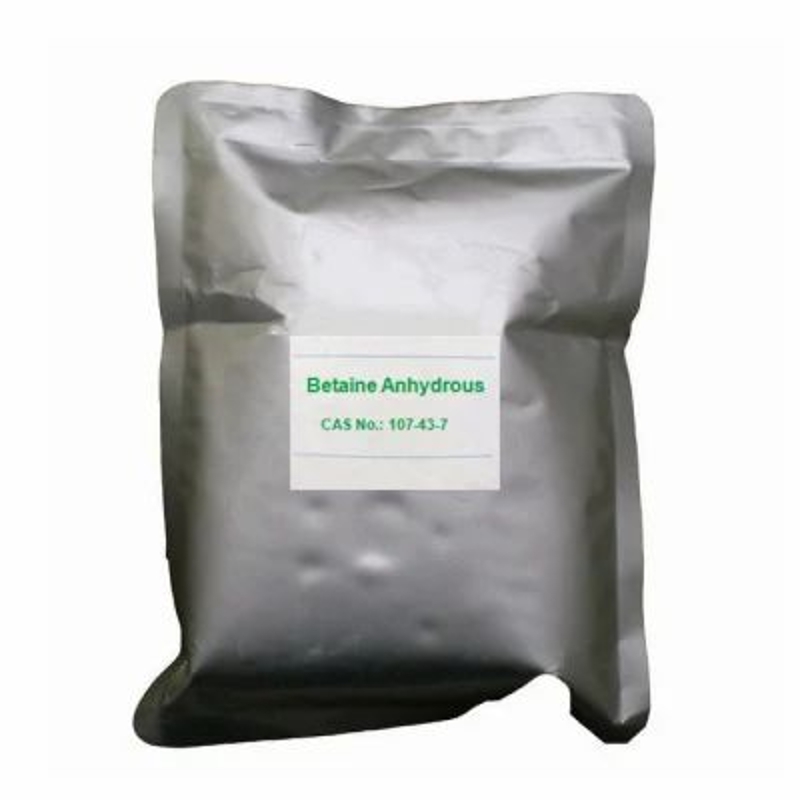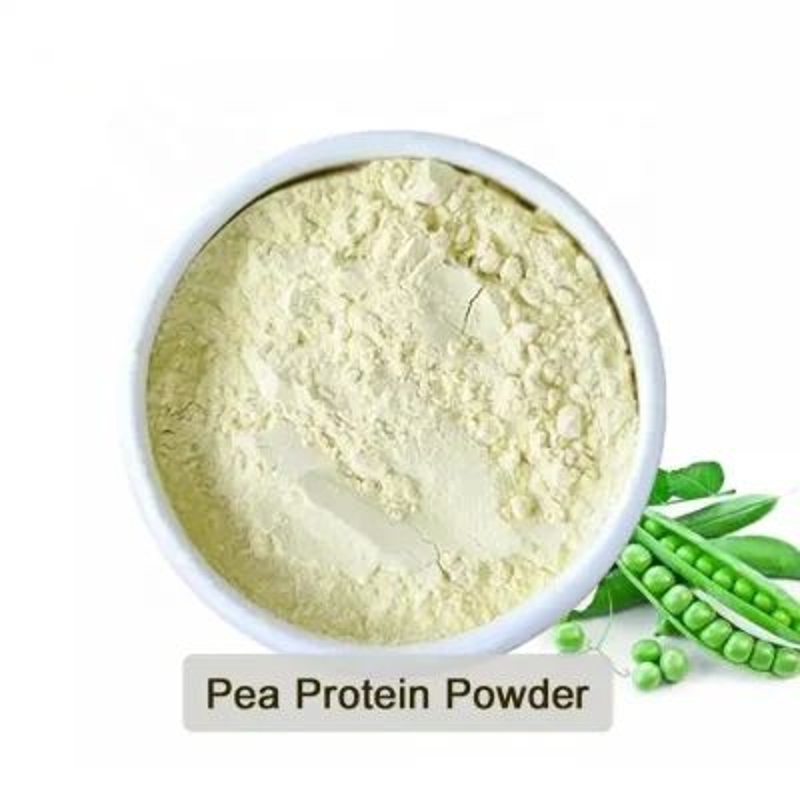-
Categories
-
Pharmaceutical Intermediates
-
Active Pharmaceutical Ingredients
-
Food Additives
- Industrial Coatings
- Agrochemicals
- Dyes and Pigments
- Surfactant
- Flavors and Fragrances
- Chemical Reagents
- Catalyst and Auxiliary
- Natural Products
- Inorganic Chemistry
-
Organic Chemistry
-
Biochemical Engineering
- Analytical Chemistry
-
Cosmetic Ingredient
- Water Treatment Chemical
-
Pharmaceutical Intermediates
Promotion
ECHEMI Mall
Wholesale
Weekly Price
Exhibition
News
-
Trade Service
A study published in Arthritis and Rheumatology included nearly 1.
3 million men aged 20-39 who attended a series of health checkups every two years, and men with metabolic syndrome (MetS) and men with metabolic syndrome — especially those with elevated triglycerides and abdominal obesity — were at
higher risk of gout.
Of the participants, 18,473 developed gout, and those who had MetS in all tests had a nearly 4-fold
higher risk of developing gout than those without MetS.
The development of metabolic equivalents more than doubled the risk of sudden gout, while the recovery of metabolic equivalents reduced the risk of sudden gout by nearly half
.
Co-corresponding author Dr.
Jaejoon Lee, Sungkyunkwan University School of Medicine, South Korea, said: "This is the first large-scale study
to explore the relationship between changes in MetS dynamics and gout risk.
" "Prevention and rehabilitation of MetS can significantly reduce the risk of
gout in young people.
"
Altered risk of incident gout according to changes in metabolic syndrome status: A nationwide population-based cohort study of 1.
29 million young men







